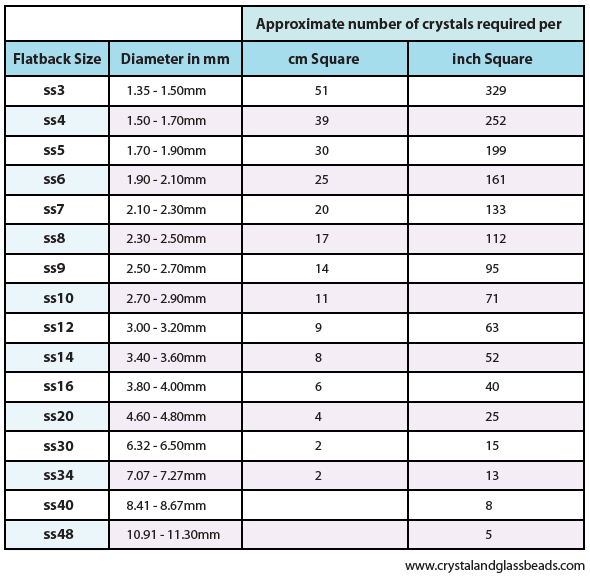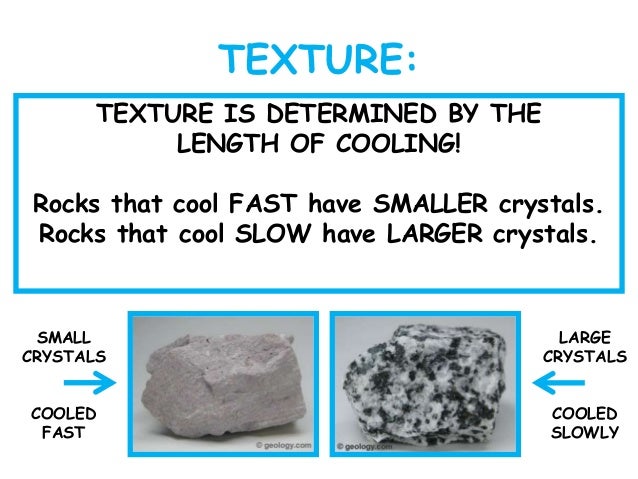

Saving Earth Britannica Presents Earth’s To-Do List for the 21st Century.

Britannica Beyond We’ve created a new place where questions are at the center of learning. JMicroVision has been designed to describe, measure, quantify and classify components of all kinds of images.100 Women Britannica celebrates the centennial of the Nineteenth Amendment, highlighting suffragists and history-making politicians.
#Crystal size in jmicrovision how to
COVID-19 Portal While this global health crisis continues to evolve, it can be useful to look to past pandemics to better understand how to respond today.Student Portal Britannica is the ultimate student resource for key school subjects like history, government, literature, and more. The modal mineralogy and vesicle content of 103 juvenile cumulate nodules and eight syenite clasts were determined using the point counting program JMicroVision (Larrea et al., 2014) in each sample, 500 points were counted for coarse grained rocks (average crystal size >2 mm) and 1000 points counted for finer grained samples.Demystified Videos In Demystified, Britannica has all the answers to your burning questions.This Time in History In these videos, find out what happened this month (or any month!) in history.#WTFact Videos In #WTFact Britannica shares some of the most bizarre facts we can find.Britannica Classics Check out these retro videos from Encyclopedia Britannica’s archives.Britannica Explains In these videos, Britannica explains a variety of topics and answers frequently asked questions.Perhaps others have better / more-thorough answers … but at least this gives you a start. This way - you can represent your measurements in calibrated units. So how may I convert above area value in terms of nm resolution?Īs long as you have the calibration of your images… you can make those adjustments in Set Scale. Lastly, as I had captured the TEM images at 100 nm resolution. So for the first example - everything would be calculated in pixels - and for the second image, in µm. Whatever unit is indicated at the top of your image window (as above) - that is what is used for those calculations. Secondly, If it depicts simply the area, then what is the unit describing this value? µm, cm, m, m2? And you can set it with Set Scale (more on that one later…). About Press Copyright Contact us Creators Advertise Developers Terms Privacy Policy & Safety How YouTube works Test new features NFL Sunday Ticket Press Copyright. You can always see the unit of length in the Image Properties window. See these examples (the first is in pixels, the second is calibrated in µm): You can take a look at the top of your image window. So… this depends on your image’s metadata. And I’m not expert either - but I will do my best to help.ĭoes this value of area depicts the number of pixels? (means in that particular section there are 842842 pixels?) or something else? Welcome to the Forum! And don’t worry at all about ‘simple’ questions… this forum is for everyone at every level.

But, I would highly appreciate if someone help to make me to understand above questions. My questions may be too basic as I am new in ImageJ forum, sorry for that. So how may I convert above area value in terms of nm resolution?


 0 kommentar(er)
0 kommentar(er)
